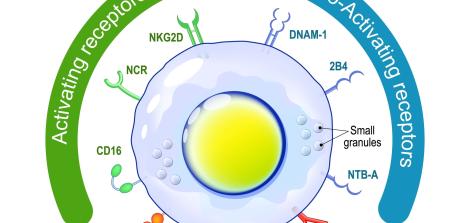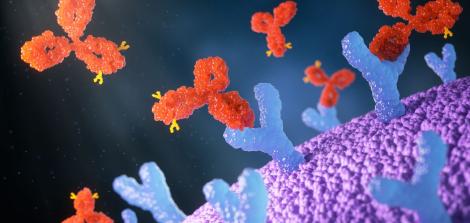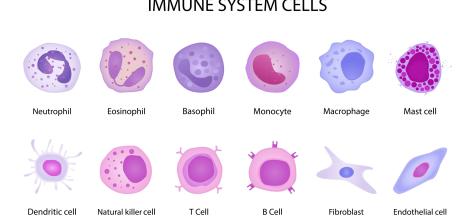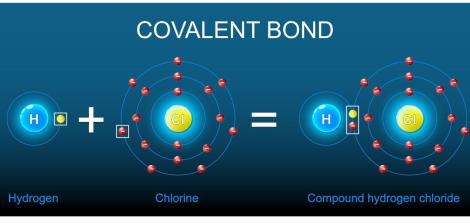Extracellular vesicles (EVs)
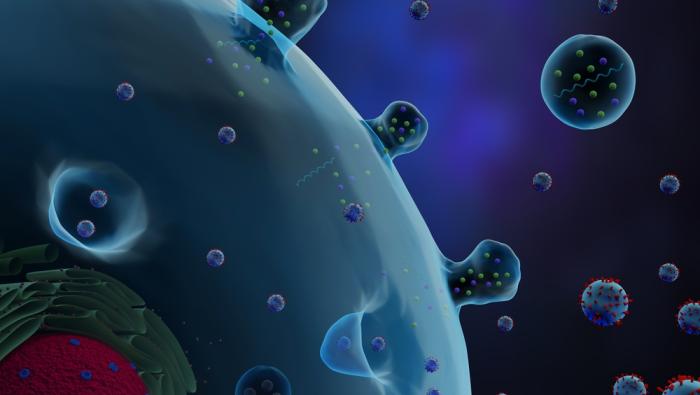
Extracellular vesicles (EVs) are small vesicles secreted by cells containing proteins, metabolites, and nucleic acids. The secretion of vesicles is a way for cells to communicate with each other, and the question is how this communication can be harnessed for therapeutic purposes and personalized medicine.
Extracellular vesicles (EVs) have a robust lipid envelope that protects their contents, similar to the way that fragile items are protected when shipped in the mail. Just as a parcel might be secured with bubble wrap inside a padded envelope, cells in the body use special techniques to preserve materials that are transferred from cell to cell by these vesicles. In this case, the lipid envelope functions as a protective barrier for the substances inside. This layer is vital because the materials within the vesicles are structurally unstable and could degrade without this protection.
Extracellular vesicles (EVs) are secreted by all of the different types of cells, except for viral cells. Their composition varies depending on the type of cell from which they are being released and the individual's health condition. By analyzing the content of these vesicles, researchers are able to learn more about the patient and develop personalized medical treatments specifically for them. This process allows for a deeper understanding of various diseases and the potential to tailor therapies to individual needs.
Last Updated Date : 05/08/2024




